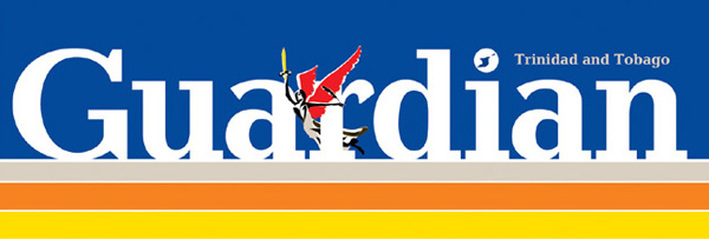So for example, on a global basis those with wealth and power often convince themselves this is down to their own brilliance and exceptionality—perhaps a harder work ethic even—and sometimes maybe it is that simple. However, taken on a global scale, this narrative is a cultural logic that mystifies the structural inequalities between nations, such as white privilege and the racist foundations of capitalism itself.
This cultural logic hides the racial and class disadvantage/advantage between different parts of the world under the myth that everyone’s hard work and effort is and has been rewarded equally. Yet global socio-economic facts show this to be untrue.
The cultural logic disguises that the rat race of capitalism started unequally. Some had a ball and chain tied to their ankles; while others had a start hundreds of years ahead. Not even the amazing Usain Bolt can overcome such a head start, as the comments by IOC leader Jacques Rogge, claiming he is not to be considered a “living legend,” confirmed.
Throughout history misrepresentation has been one of the favourite tools of the powerful. When Columbus stumbled into the Caribbean he promoted a simple and inaccurate story of two local groups: the Caribs (war-like cannibals) and the Arawaks (noble, peace-loving farmers). This misrepresentation of the many groups and their character that Columbus met is similar to what anthropologists have found in much of the literature of indigenous groups around the world.
We see it in the mainstream US narrative of Native-American Indians who were either noble savages or fierce scalpers, for example. It is a misrepresentation the powerful used to justify the genocide of so-called “heathens” and the religious conversion of “childlike natives.” A similar point can be made about the misrepresentation that Europeans based slavery on.
This misrepresentation and binary picture of social relations in the past is the basic cultural logic of Western colonialism that divided populations into two groups—good and bad. This isn’t just a problem in history. It is a problem found in most hierarchal relationships and can be seen in places like popular culture. Recently there was an article published in the US about the Nicki Minaj video Pound the Alarm. The article claimed this video was making a political statement about our state of emergency while also being “a tribute to T&T Carnival.”
The basis for the argument was not only an overreach but it misrepresented Trinidad and Tobago, our political situation, and the history of Carnival. As it was published by a US media outlet it gained a lot of visibility. Many people who know little about the local political and crime situation here bought into an argument based on inaccurate facts and supporting such hearsay as “several US and UK officials have informally implied threats of intervention.”
Not to mention neither Minaj nor the director of the video ever mentioned any intended political activism in the video—it was pure and simple the personal opinion of the author, inaccuracies and all. Yet because of the power imbalance between US media outlets and our local ones there is little we can do to counter it. Those with a louder voice than us put the article on signal blast and their misrepresentation will be seen and read without any correction from us. This is problematic because it obscures our local history, race politics, and class situation at play here for ones based on US racial politics, which are distinct from our own.
Now many might just want to say “that’s the way it goes.” We should all just calm down and handle the status quo. But if you’ve got a louder voice than me, your misrepresentation drowns out the real facts of the matter. Making social change even harder and turning hard facts about inequality into cultural stories of justification.
http://guardian.co.tt/columnist/2012-09-03/some-voices-louder-others

 RSS Feed
RSS Feed